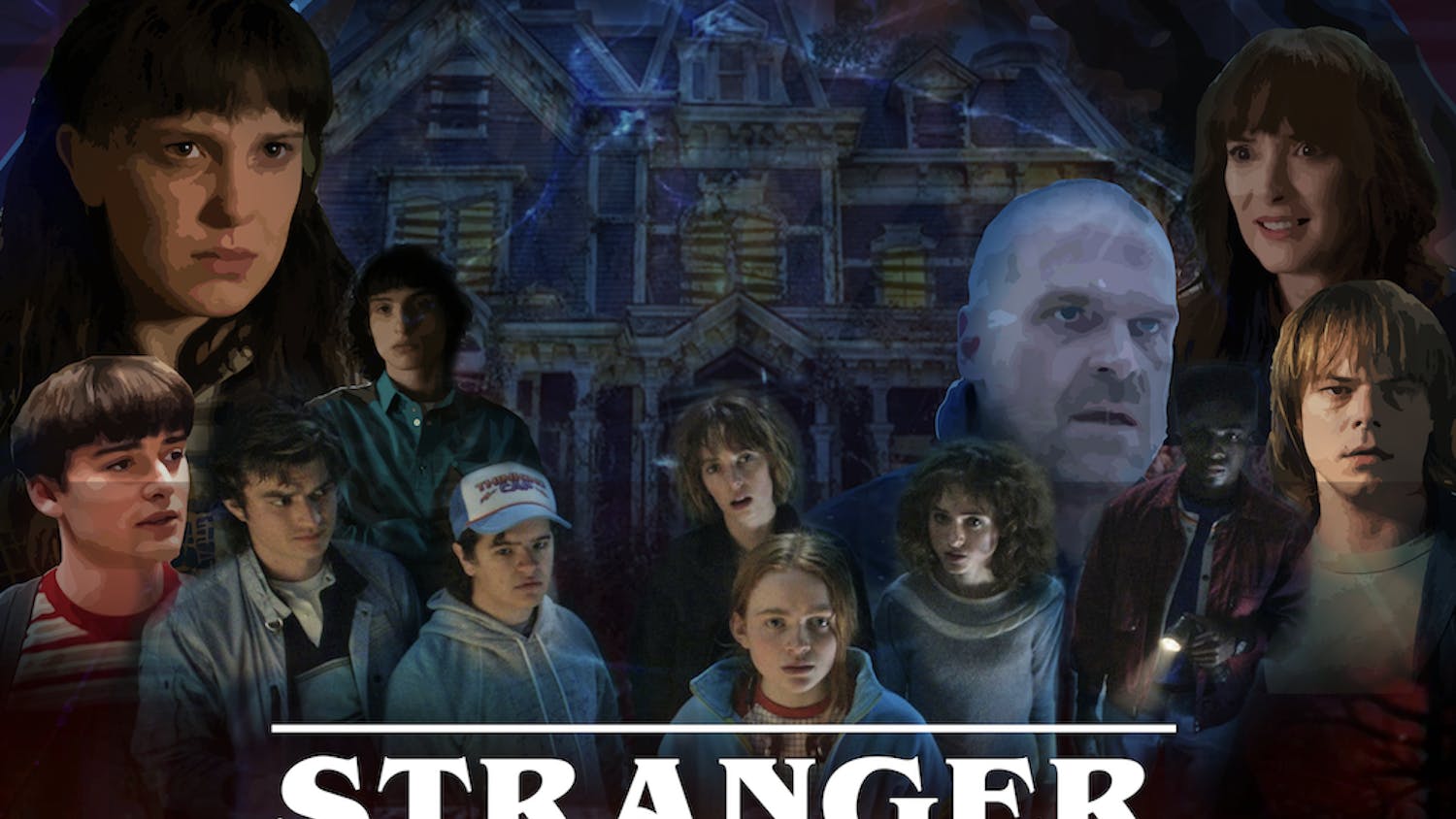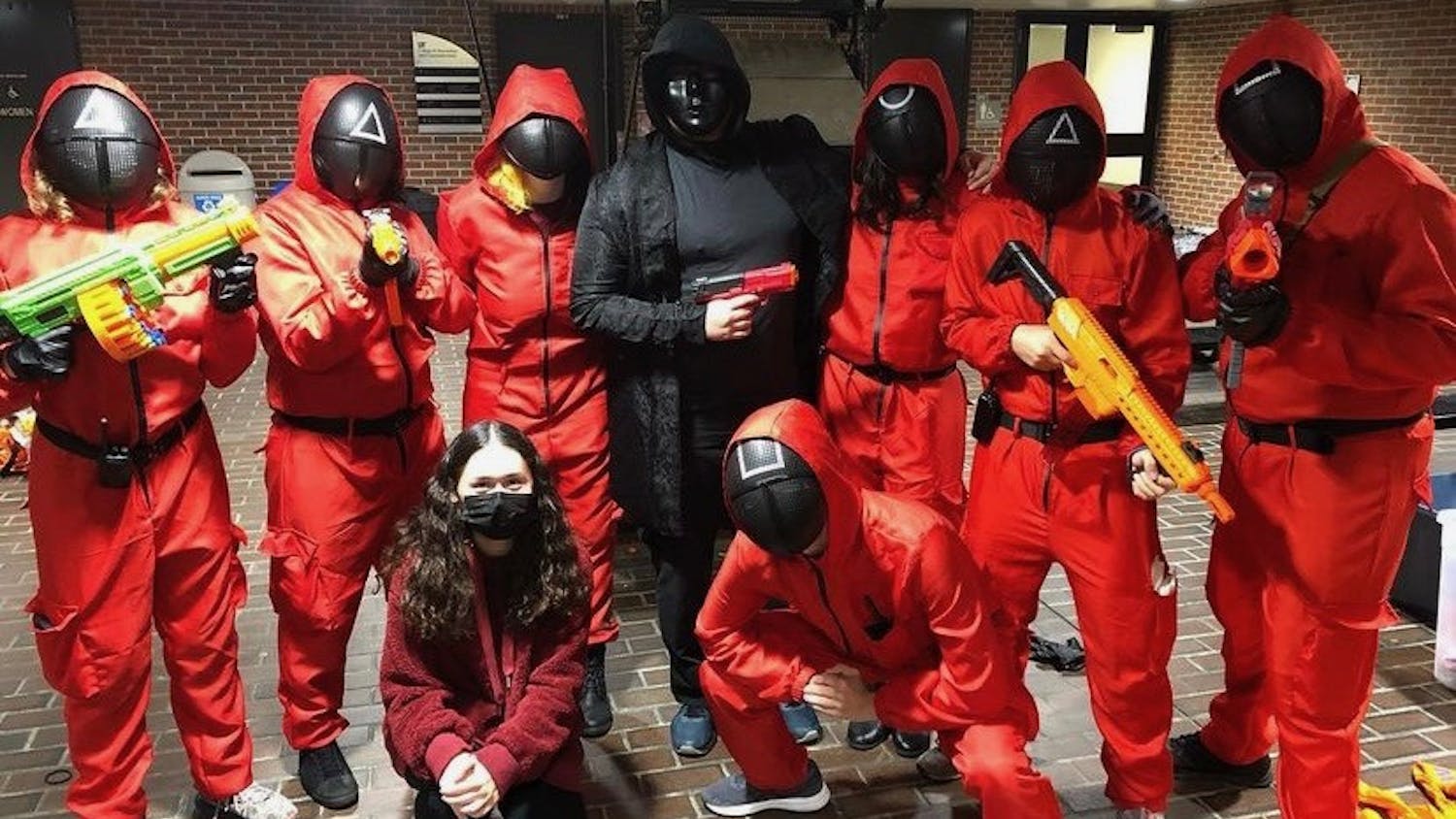Fans waited nearly two years for the second installment of “Mindhunter,” which arrived on Netflix last month.
The series follows two FBI agents, Holden Ford and Bill Tench, who interview infamous serial killers in an attempt to understand why they kill.
In the show’s first season, viewers saw Ford and Tench interview killers like Edmund Kemper and Richard Speck. Season two includes even more infamous names, such as the Son of Sam, Charles Manson and the Atlanta Child Killer.
Early on, season two provides a satisfying shift from season one. Robert Shepard, boss of the Behavioral Science Unit retires and is replaced by Tedd Gunn.
Gunn is fully supportive of the team’s mission, unlike his predecessor, and helps expand the team’s resources. Viewers get to see the team reach their full potential with the help of more employees, office space and legitimization from the FBI.
While season one focuses heavily on Ford, season two centers on characters Dr. Wendy Carr and Tench. Both characters struggle with personal issues that have become difficult to separate from their professional lives.
Carr is struggling with fears of being treated unfairly at work and while also being a closeted lesbian. As a woman, she also struggles working in her male-dominated field.
Tench is struggling to keep his family together after discovering his adopted son, Brian, witnessed several older boys murder a toddler.
With unannounced drop-ins from the social workers and constant traveling for work, Tench struggles with stress. The constant pressure Tench is under becomes a source of conflict throughout the season.
In one scene, Tench interviews Manson. The normally level-headed Tench loses his temper when Manson chastises him, causing Tench to cut the interview short.
This season also tackles race relations by following the Atlanta Child Murders that take place between 1979 to 1981. Tench and Ford assist in the investigation as the suspect continues to elude police.
Black leadership and residents in the town were confident the KKK was behind the killings. However, Ford was adamant from the beginning that the killer is a black man based on his psychological profile.
The disagreement over who the police should look into ultimately slows the investigation. This results in a rising murder toll, frustrating the police, the community and the viewers.
There is a feeling of bittersweet success in the finale when an arrest is finally made but the suspect was never charged with the child murders. While the killer was caught, it’s still heartbreaking for viewers to see the grieving mothers feel they have been cheated out of justice.
As with season one, viewers are privy to short clips of Dennis Rader, the “Bind, Torture, Kill” (BTK) killer, who killed 10 people in the Wichita, Kansas between 1974 and 1991.The main characters’ storylines begin to overlap with BTK after Tench visits Kansas early on in the season.
However, once Tench returns to Virginia further investigation into BTK stops for the rest of the season. The inclusion of the BTK storyline is interesting but ultimately unsatisfying, as it is only briefly addressed in the main story line of season two.
Viewers will have to wait till at least season three for the team to fully investigate BTK.
Overall, season two was a vast improvement from season one. The team continues to travel around the country to interview the most infamous serial killers, played by actors with an uncanny resemblance. This aspect is unique to the show, making the fictitious interviews truly chilling.
Viewers were also given more compelling plotlines surrounding key characters, such as Tench and Carr’s personal dilemmas, while also tackling important social topics such as racism and homophobia, which were hardly acknowledged in season one.
While "Mindhunter" has not been officially renewed for the third season, Holt McCallany who plays Bill Tench said in a recent interview that executive producer David Fincher has planned for five seasons of the show.





